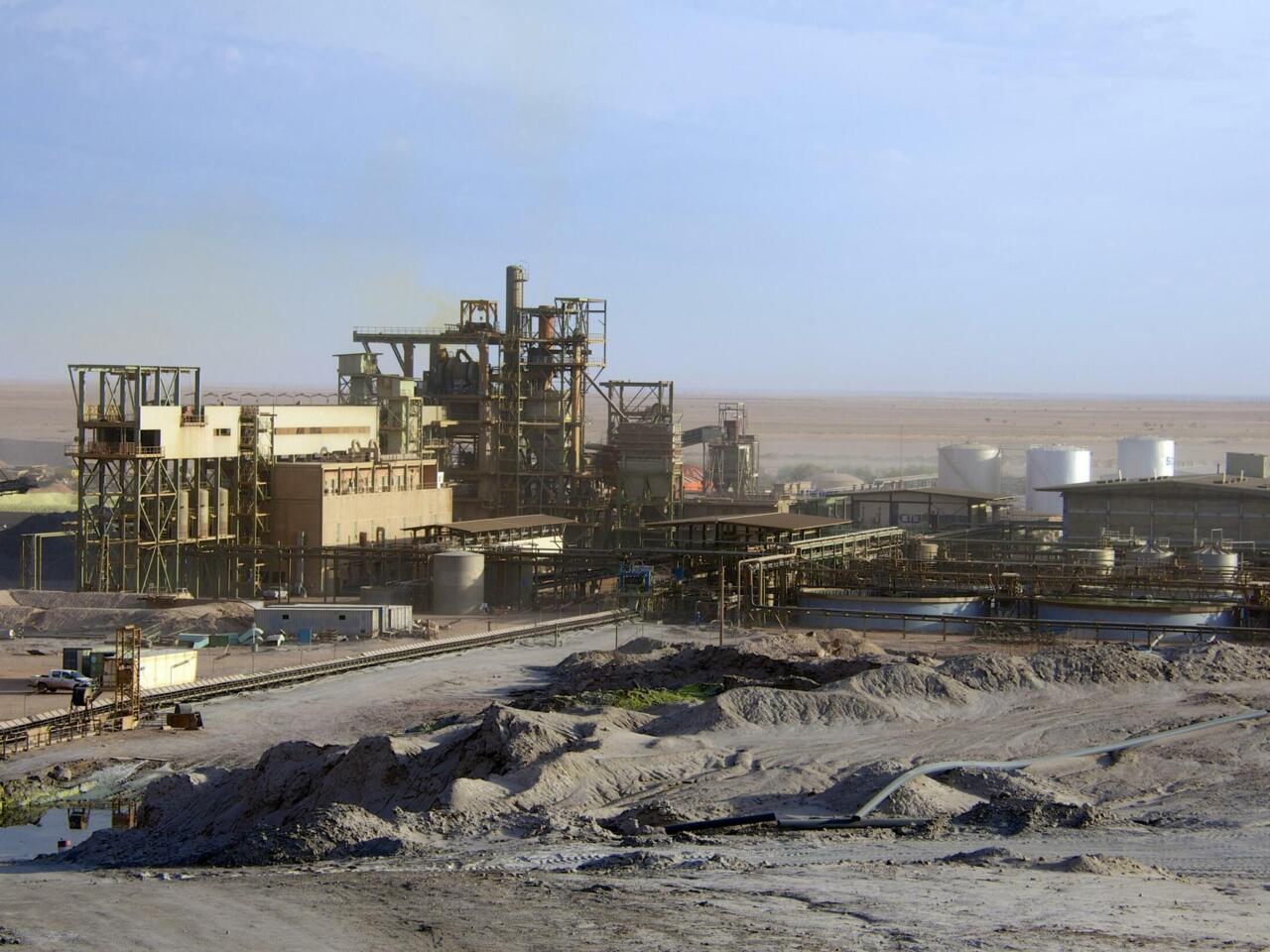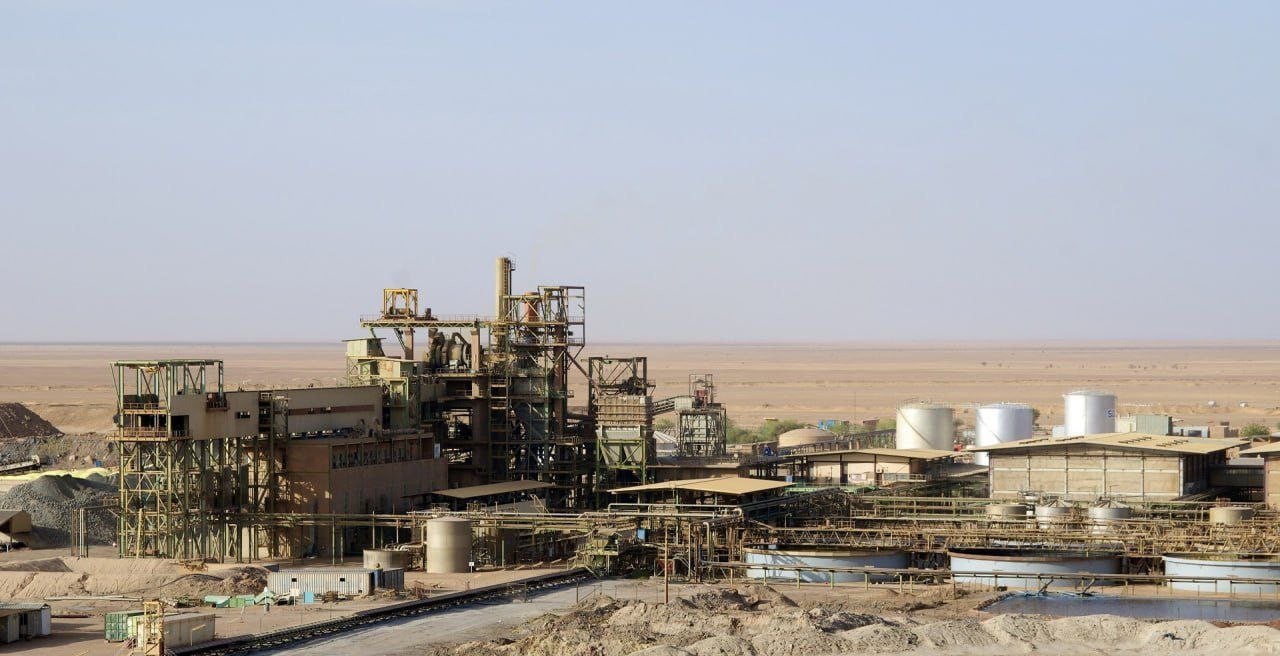General
France's nuclear giant says its Niger uranium mine is nearly bankrupt
French uranium miner Orano has warned that its majority-owned joint venture in Niger is nearing bankruptcy. French uranium miner Orano highlights SOMAIR's financial distress due to Niger's export restrictions post-military coup.Niger, producing 4% of global uranium, crucially supplies Orano but n...
Business Insider Africa
published: Jul 02, 2025


French uranium miner Orano has warned that its majority-owned joint venture in Niger is nearing bankruptcy.
- French uranium miner Orano highlights SOMAIR's financial distress due to Niger's export restrictions post-military coup.
- Niger, producing 4% of global uranium, crucially supplies Orano but now faces political change affecting mining operations.
- In December, Orano lost operational control of SOMAIR, now nationalized by Niger amidst Western-regional tensions.
French uranium miner Orano has warned that its majority-owned joint venture in Niger, SOMAIR, is nearing bankruptcy following nearly a year of export restrictions imposed by the country’s military-led government.
Niger, responsible for approximately 4% of global uranium output, has long been a key supplier for Orano, a significant player in the nuclear energy sector.
Last December, the French nuclear fuel company reported it had lost operational control of the SOMAIR mine due to governance challenges and growing interference from Nigerien authorities, who have since taken over the site.
DON'T MISS THIS: Top 10 African countries with the largest proven oil reserves in 2025
In June, Niger formally announced plans to nationalize the operation, part of a broader shift across West Africa, where governments are increasingly asserting control over natural resource assets.
"Faced with this irresponsible, illegal, and unfair behaviour by Orano, a company owned by the French state, a state openly hostile toward Niger since July 26, 2023 ... the government of Niger has decided, in full sovereignty, to nationalise Somair," Niger's statement read.
When operating at full capacity, Niger accounted for roughly 15% of Orano's uranium supply. However, Orano said it had been flagging SOMAIR’s worsening financial health since October as its dispute with the government escalated, according to Reuters.
DON'T MISS THIS: China reinforces African presence with increased mineral investments
The company accused Nigerien authorities of forcing continued spending on production despite the halt in exports, pushing the venture toward insolvency.
“The Nigerien authorities' insistence on continuing production expenses at any cost has led to the current situation where the SOMAIR company is on the verge of bankruptcy,” Orano said.

The military junta, which took power in 2023, defended its decision to nationalize the mine by accusing Orano of extracting 86.3% of uranium output since 1971, despite officially holding only a 63% stake in SOMAIR.
The company also criticized Niger’s state-owned partner SOPAMIN, accusing it of shirking its responsibilities during periods of low uranium prices by refusing its share of production to avoid losses.
"The State of Niger did not always exercise its offtake rights for several periods... particularly in low uranium price cycles", forcing Orano to purchase additional uranium above its shareholding to keep the mine financially viable, the company said.
DON'T MISS THIS: Niger plans to rewrite the narrative of its own colonial history
Resource power play
The dispute over SOMAIR comes as Niger repositions itself geopolitically. The country recently ended its longstanding defence pact with France and is increasingly aligning with Russia and Turkey, nations eager to gain access to Niger's rich mineral deposits, including uranium, gold, and coal.
In a broader regional shift, neighbouring military-led governments in Mali and Burkina Faso are also asserting greater control over natural resources, reflecting a growing trend of resource nationalism amid waning Western influence and expanding Russian engagement in West Africa.
Read More